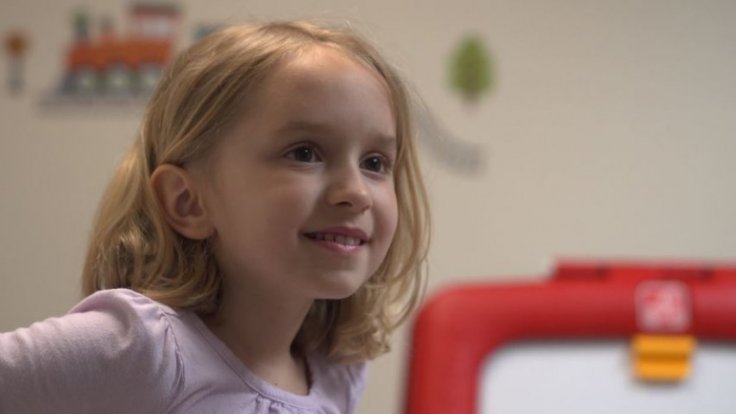
Medical cannabis can be a well-tolerated, safe and effective option to relieve symptoms such as seizures, tics, depression, restlessness and rage attacks in children with autism.
As per the study that examined the link between the use of medical cannabis and autism behavioural improvements in children under the age of 18, researchers from Ben-Gurion University of the Negev (BGU) and Soroka University Medical Centre have found that after six months of treatment about 80 percent of children showed some level of improvement.
The study conducted upon 188 ASD patients between 2015 and 2017 suggested that cannabis can be beneficial in treating autism spectrum disorders expressed in almost all dimensions of the child's development.
Researchers said that after six months of treatment, 30 percent of patients reported a significant improvement, while 53.7 percent reported moderate improvement and only 15 percent had slight or no change.
According to BGU's Dr Gal Meiri of the Negev Autism Center, the treatment was "based on cannabis oil containing 30 percent cannabidiol oil (CBD) and 1.5 percent tetrahydrocannabinol (THC)."
"Symptoms, patient global assessment and side effects at six months were primary outcomes of interest and were assessed by structured questionnaires," added the lead author of the study published in Scientific Reports.
Dr Victor Novack of the BGU-Soroka Clinical Cannabis Research Institute said the study suggested cannabis treatment was safe and could improve ASD symptoms and improve ASD patients' quality of life.
"We believe double-blind placebo-controlled trials are crucial for a better understanding of the cannabis effect on ASD children," Novack added.
The research, which also analyzed the participants' quality of life, mood and ability to perform activities of daily living, said good quality of life increased more than twice to 66.8 percent after six months, compared with 31.3 percent prior to treatment initiation. Positive mood was reported by 42 percent before treatment, compared to 63.5 percent after six months.
Other aspects of independence and quality of life such as the ability to dress and shower independently improved significantly from cannabis treatment, with only 26.4 percent reporting no difficulty prior to the treatment, while 42.9 percent improved such abilities and independence after six months.
The study also suggested that cannabis oil medication significantly improved sleep and concentration in children.
As many as one percents of the population globally suffer from autism spectrum disorder, with estimates ranging from one in 70 to one in 150. There are a wide range of treatments from applied behavioural analysis (ABA), occupational therapy, speech therapy, physical therapy and pharmacological therapy, as well as medications adopted for the treatment of the disease.









